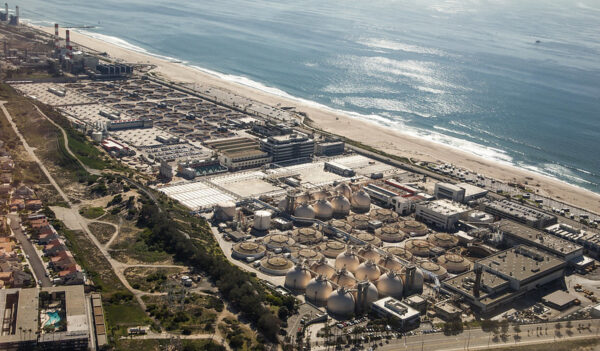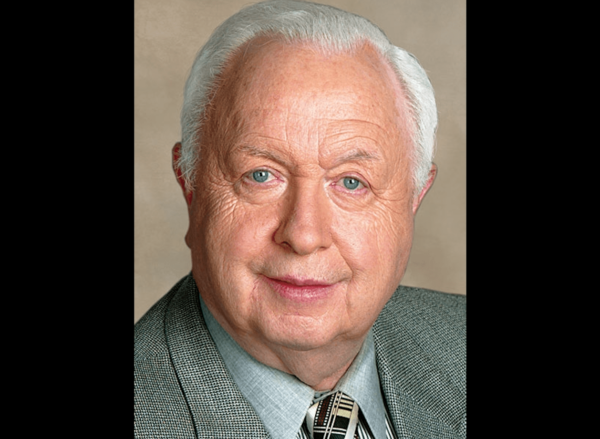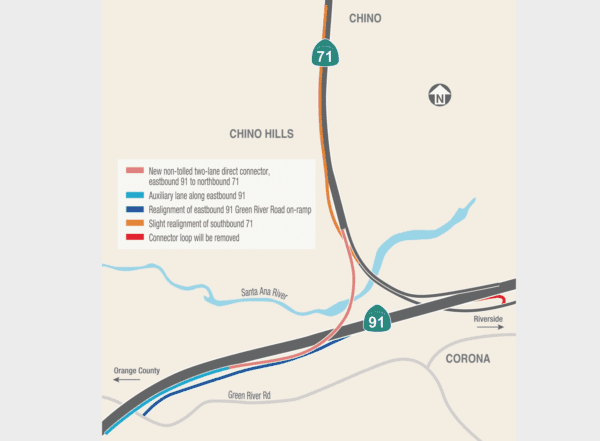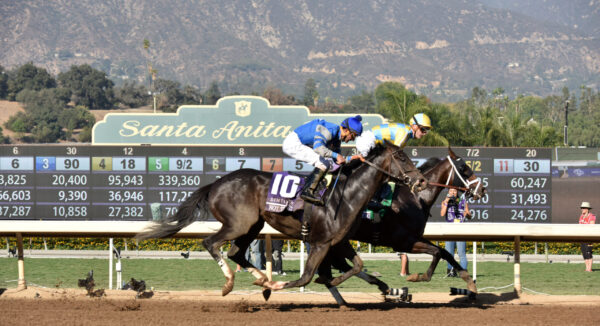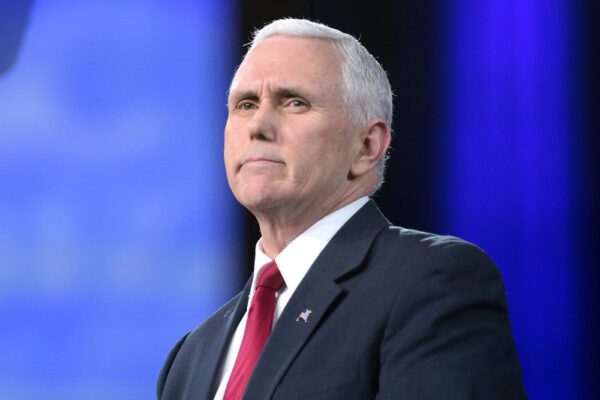A judge on Thursday granted preliminary approval of a proposed $57.5 million settlement of a long-running lawsuit by two plaintiffs on behalf of themselves and all other persons who maintain they were unlawfully overcharged by Los Angeles for residential sewer services.
Los Angeles Superior Court Judge Stuart M. Rice’s 13-page order excludes from the class he and any other judges who have presided over the case since its filing in August 2017 by plaintiffs Adam Hoffman and Samuel Jason as well as “any officers and council members of the city.”
Rice will hold a Dec. 20 hearing on whether to give final approval to the settlement.
According to the plaintiffs’ attorneys’ court papers, the city agreed to create a settlement fund of $57.5 million for the benefit of the class and to change its sewer service charge methodology to prevent overcharges from occurring in the future. Together, the monetary and injunctive benefits would provide a minimum actual value of $68.9 million to the class members, according to the plaintiffs’ attorneys’ court papers.
The settlement class is made up of about 505,000 current customers and 210,000 former customers, the latter of which will have to submit claim forms. The class period is May 4, 2016, through June 30, 2022.
The plaintiffs’ breach-of-contract suit, filed in August 2017, alleged that the city overbilled for residential sewer service charges by manipulating what was known as the Dry Winter Compensation Factor. The city’s sewer charge structure is based on volume, but residential properties do not have sewer meters, so sewer bills are based on customers’ incoming water meter readings during the rainy season. However, Southern California often experiences dry winters with little rain, which requires residents to use water for outdoor irrigation even in the rainy season.
To ensure that customers’ sewer service charges reflect the volume of sewage they generate, and not a greater amount that would be caused by including water used for outdoor irrigation, the city implemented the DWCF, which is applied to the water usage to determine sewage billing.
Hoffman and Jason alleged that the city improperly inflated the DWCF and did not base its calculation correctly, resulting in overcharges. The plaintiffs also maintained an accounting was needed to determine the amounts allegedly overcharged and that should be given back to ratepayers.
The plaintiffs additionally contended that the city was not complying with some requirements of Proposition 218, which was passed by California voters in November 1996 and was designed to constrain local governments’ ability to impose assessments. In June 2021, a judge found that DWCF was “arbitrary and capricious” and that the city had acted in violation of the state constitution.

